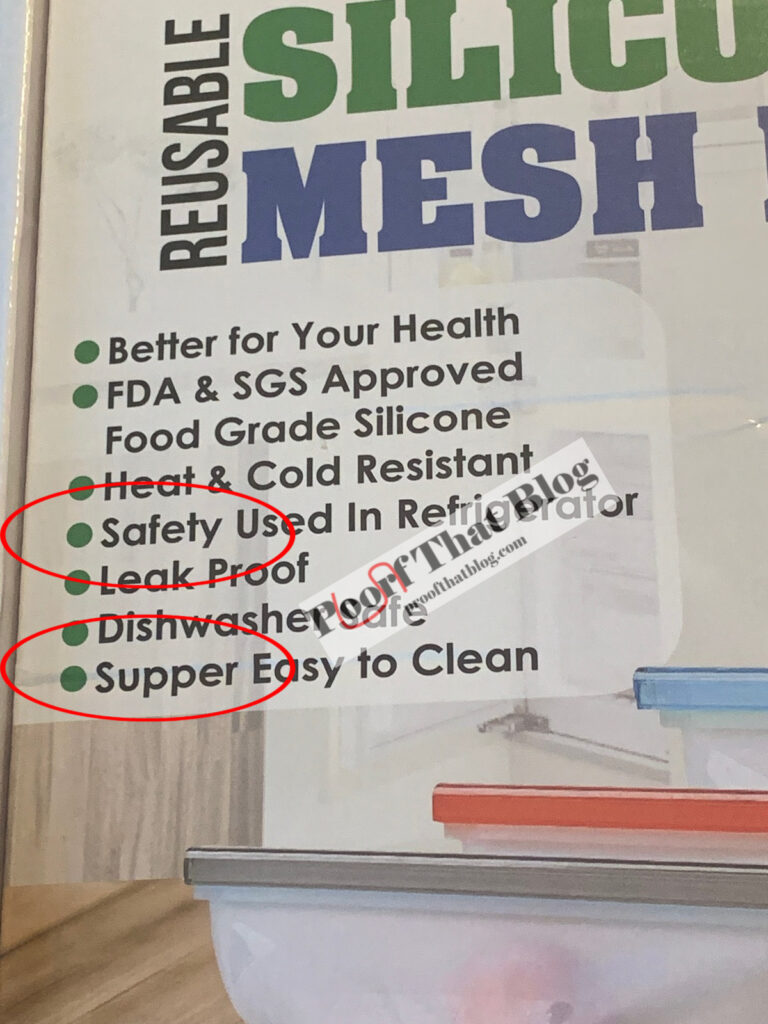My sister found this one on the local Facebook Marketplace. Obviously, the word should be “intact,” which, according to Merriam-Webster online dictionary, means “untouched especially by anything that harms or diminishes.”

My sister found this one on the local Facebook Marketplace. Obviously, the word should be “intact,” which, according to Merriam-Webster online dictionary, means “untouched especially by anything that harms or diminishes.”

A reader sent this one to me. I even researched it because I know that some zucchini has fuzz, but nothing in the recipe has anything to do with removing any fuzz and the general description of zucchini says nothing about fuzz. I’m pretty sure they meant to say “fuss.”

It is really important–particularly in email–to pay attention to how someone may read what you’re writing. Especially because they can’t see you and read your body language. One particular incident that I’ve seen is using “resent.” Do you mean “resent” or do you mean “re-sent”? The reader can’t tell from your body language what your intent is, so it is important to read your emails as someone else might read them.

If you think an email could be misconstrued, rewrite it. Personally, I think it is far more important that the information is accurate, things are spelled correctly, and everything is grammatically correct than that you impressed them with vocabulary.
Sometimes when people misunderstand your email, they fire back something in self-defense that they normally wouldn’t, which leaves you wondering what in the world is wrong with them.
Back in the “olden” days (before email), you had to write out a letter or note with what you wanted to say. Then you had to put a stamp on it, walk it to your mailbox or the post office, and wait for a response. That process gave you a little more time to draft, redraft, and draft again the perfect message. Today, we are moving so fast and trying to get so much done that we seldom slow down and really think about what we’re doing. Here are a few other things that come up in email that are completely avoidable:
So drop the “lawyerspeak” and spend more of your energy making sure the facts are correct, things are spelled correctly, and your intent is understood. Email is certainly a valuable tool, but it is easily misused so be careful!
A friend saw this and shared it with me. Another example of what spell check will not catch. Everything is spelled correctly, but it is very obviously the wrong word.

I got this in the mail and besides all of the other errors in this advertisement, I was interested to see that while they got it right in several other places–and it IS part of the name of their company–they misspelled Phoenix!
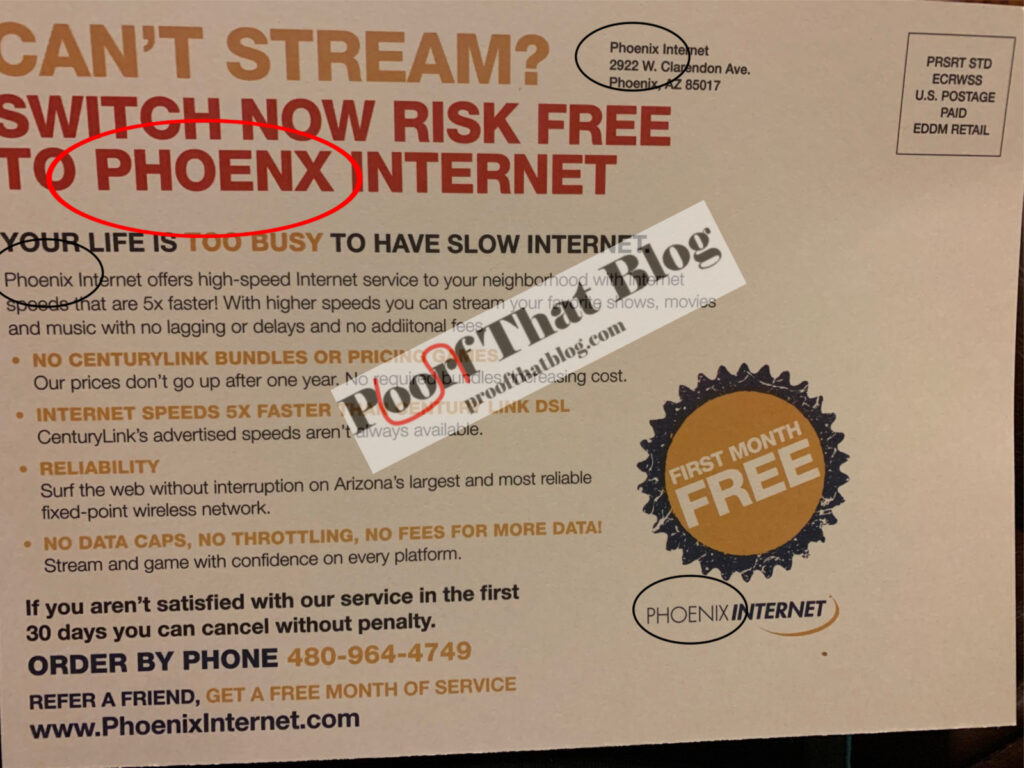
I was behind this truck on the way to work recently. It is spelled correctly in one place, but the bigger font (and the one right in the line of sight) is misspelled.
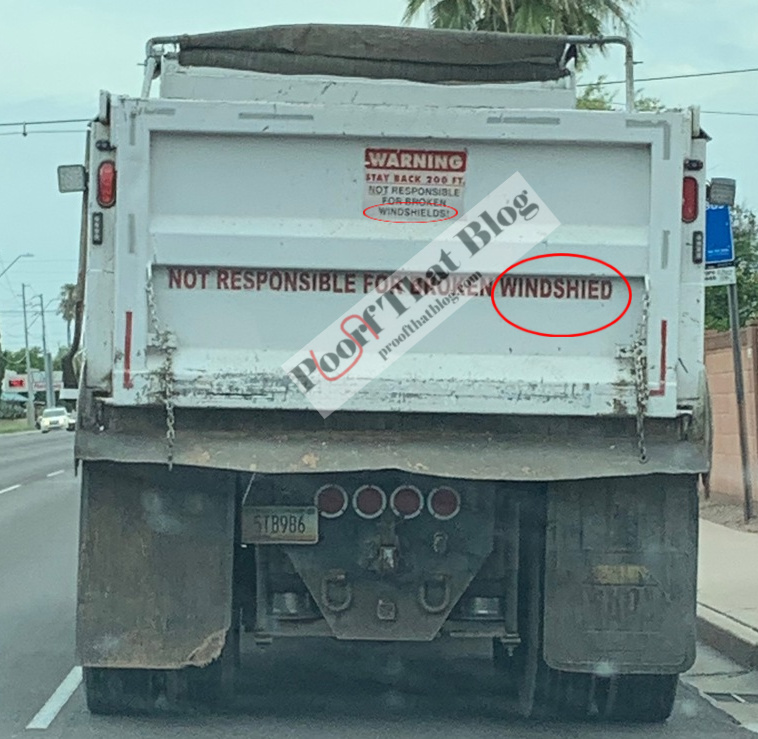
I took this picture at a local restaurant. “Undercooked” is one word, so it is incorrect on this menu.
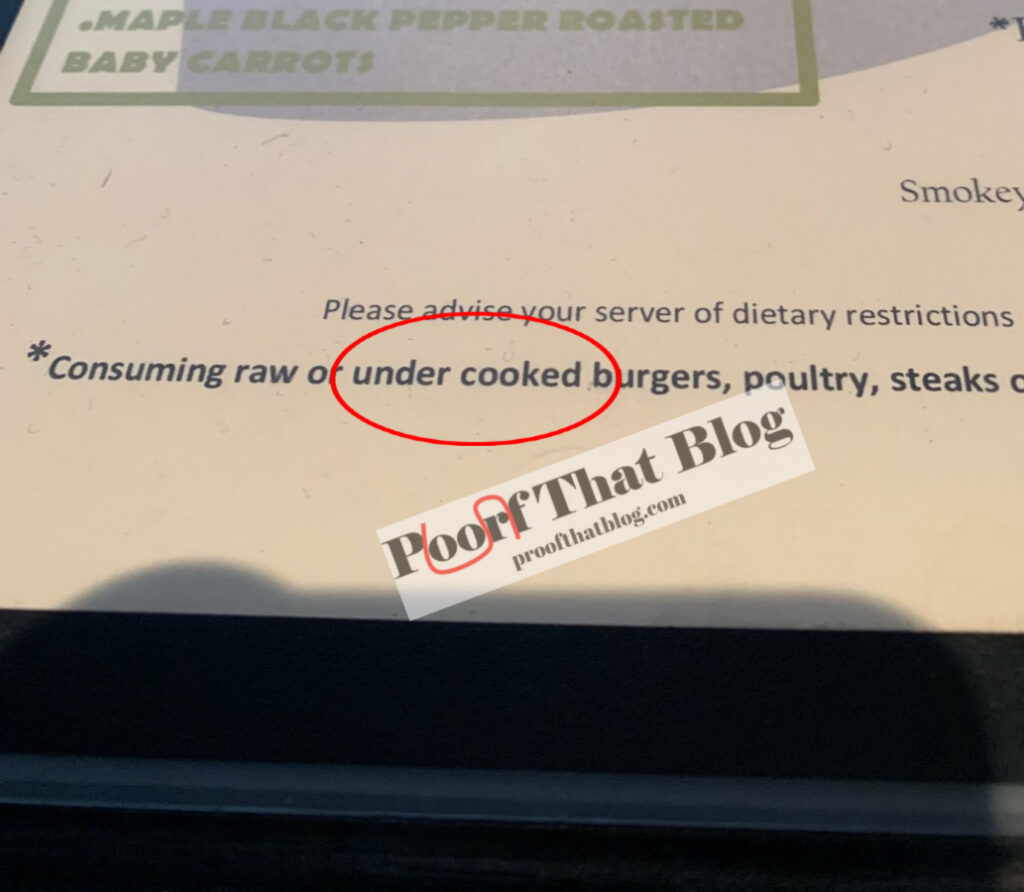
This came in an email. Since they spelled the name of the sender company “Lasick Vision Institute,” I checked to see if there was a company spelled that way. As surprising as this might be, I did not find one. What’s worse is that they spelled it correctly in the body of the email.
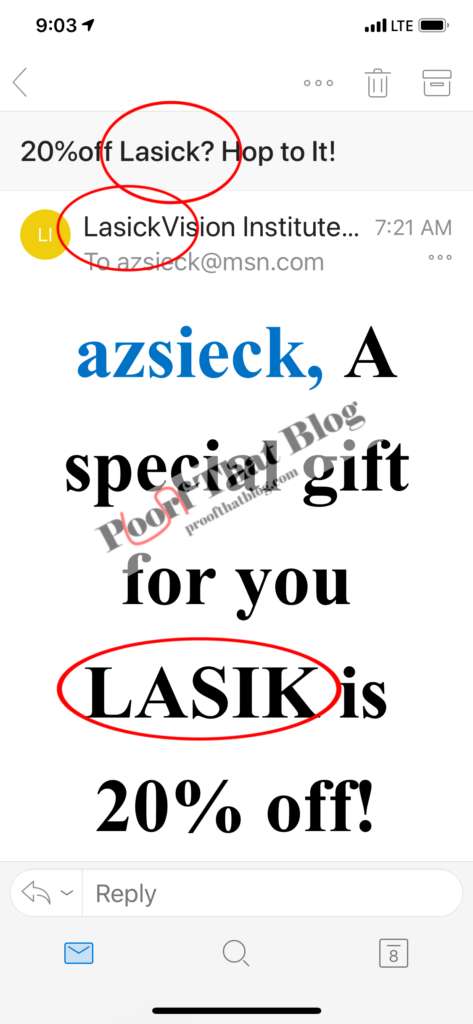
My daughter forwarded this one to me from her local Facebook Marketplace. Obviously, it should be a “dry-erase” board.
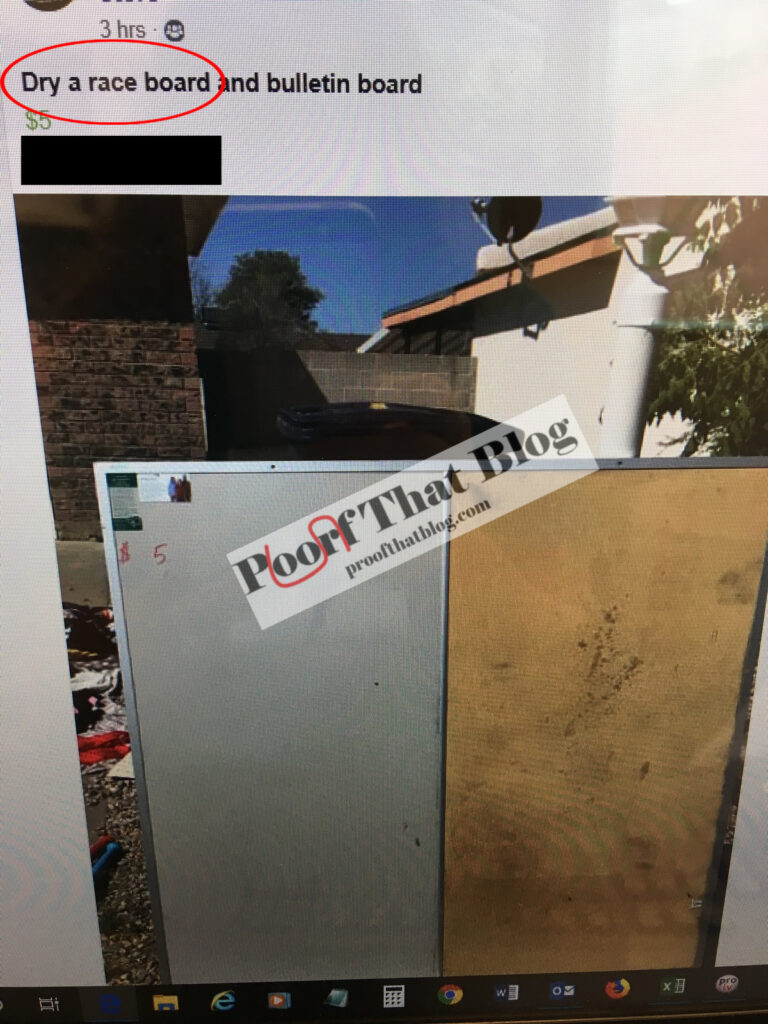
I purchased this package on Amazon for a family gift exchange. My sister actually found the “supper easy” error, but as I’m preparing this, I found the other.
